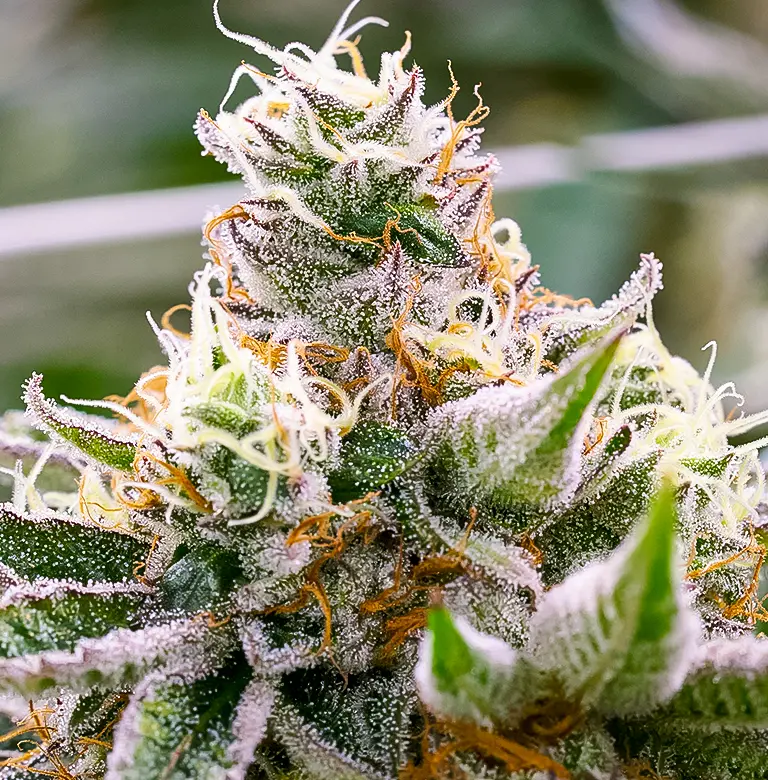Find an Experienced Medical Cannabis Doctor for Effective Therapy
Shedding Light on What Medical Cannabis Can Cure: an In-Depth Evaluation of Its Restorative Qualities
In current years, there has actually been an expanding passion in the therapeutic potential of clinical cannabis. While unscientific evidence is plentiful, a complete assessment of the scientific data regarding the efficiency of medical marijuana in treating these conditions is warranted.
Persistent Pain Monitoring
Chronic discomfort administration remains a vital facet of healthcare, demanding an extensive method for efficient treatment. Over the last few years, medical marijuana has actually become a potential healing choice for individuals dealing with persistent discomfort problems. The endocannabinoid system, which plays a vital duty suffering modulation, has actually been targeted by cannabis-based therapies to improve and relieve signs and symptoms high quality of life for clients.

Additionally, clinical cannabis offers an encouraging option for clients that experience unbearable negative effects from typical discomfort drugs. Its ability to attend to pain through a different device makes it a beneficial addition to the toolbox of treatments offered for persistent pain management.
Epilepsy Therapy Potential
Medical marijuana has shown encouraging possibility in the therapy of epilepsy, providing a novel restorative strategy for taking care of seizures in people. Epilepsy is a neurological condition defined by frequent seizures, impacting people of any ages. Conventional therapies for epilepsy include antiepileptic medications, but these medications may not work for all clients and can have substantial side results.
Research on the use of clinical marijuana for epilepsy has actually exposed motivating outcomes. Cannabidiol (CBD), a non-psychoactive compound discovered in marijuana, has actually been specifically highlighted for its anticonvulsant buildings. Researches have actually revealed that CBD can minimize the regularity and seriousness of seizures in individuals with treatment-resistant forms of epilepsy, such as Dravet disorder and Lennox-Gastaut syndrome.
Furthermore, the FDA has accepted a CBD-based medication, Epidiolex, for the treatment of seizures connected with these serious forms of epilepsy. This milestone underscores the expanding recognition of clinical cannabis as an important therapeutic choice for taking care of epilepsy and provides hope for patients who have not reacted well to conventional therapies.
Queasiness Alleviation Benefits
The relief of queasiness via using cannabis has been progressively recognized for its restorative advantages in various medical problems. Queasiness and throwing up are usual signs experienced by individuals undergoing chemotherapy, those with food poisonings, and individuals with persistent discomfort problems. Clinical marijuana, with its active compounds such as THC and CBD, has revealed pledge in giving relief from nausea.

Additionally, medical marijuana uses an all-natural alternative for people who do not react well to standard anti-nausea medications or that experience serious adverse effects from these medications. Clients going through radiation treatment, in specific, have actually reported significant enhancements in their lifestyle when using marijuana to take care of queasiness. As study in this field continues to expand, medical marijuana is progressively being considered as a useful option for nausea or vomiting alleviation in different clinical settings.
Anxiety Decrease Impacts
Research studies have shown the potential of cannabis in minimizing anxiety signs with its communication with the endocannabinoid system. The endocannabinoid system plays a crucial role in regulating emotions, consisting of anxiousness, by keeping homeostasis in the body. Cannabinoids in marijuana, Look At This such as THC and CBD, interact with the endocannabinoid receptors in the brain, especially the CB1 and CB2 receptors, to regulate anxiety-related feedbacks.

People with conditions like generalised anxiousness problem (GAD), social anxiety disorder, and trauma (PTSD) might take advantage of the anxiolytic residential or commercial properties of cannabis (Medical Marijuana Dispensary near me). Further study is needed to identify ideal dosages, distribution methods, and long-term impacts on anxiousness administration.
Possible for Swelling Control
With its recognized anti-inflammatory buildings, cannabis has shown assurance in potentially managing inflammation within the body. Swelling is the body's natural feedback to injury or infection, yet when it becomes persistent, it can add to various illness such as joint inflammation, inflammatory bowel illness, and also heart condition. Research study suggests that the cannabinoids discovered in marijuana, such as THC and CBD, can assist lower and regulate the immune response inflammation.
Studies have actually revealed that cannabis can engage with the endocannabinoid system, which plays a vital duty in controling inflammation. By targeting the cannabinoid receptors, cannabis substances can regulate the immune reaction, resulting in a reduction in swelling levels. This makes cannabis a potential candidate for handling inflammatory problems where standard therapies have actually fallen short.
In addition, cannabis-derived items like CBD oil have actually obtained popularity for their anti-inflammatory residential properties, with lots of people using them as an all-natural remedy for problems related to inflammation. While even more study is needed to completely understand the devices behind marijuana's anti-inflammatory results, present findings show encouraging outcomes for the prospective usage of medical cannabis in controlling swelling.
Verdict
Finally, medical marijuana has actually revealed appealing restorative homes in handling chronic pain, treating epilepsy, easing queasiness, decreasing stress and anxiety, and managing swelling. Its potential benefits in different medical problems highlight the relevance of more research and expedition into its medical use. The evidence recommends that clinical cannabis can be a valuable alternative treatment alternative for clients seeking remedy for a variety of symptoms and problems.
In current years, medical cannabis has actually emerged as a potential restorative option for individuals enduring from chronic pain conditions.Medical marijuana has revealed encouraging potential in the therapy of epilepsy, providing a novel healing technique for handling seizures in individuals. As research study in this area proceeds to grow, clinical marijuana is progressively being taken into consideration cottonwood medical clinic as a useful choice for nausea or vomiting relief in different clinical setups.
In verdict, clinical marijuana has revealed promising restorative residential properties in managing chronic discomfort, treating epilepsy, relieving nausea, decreasing anxiousness, and regulating swelling. The evidence recommends that clinical marijuana might be a useful option treatment alternative for clients looking for alleviation from an array of read this conditions and signs.